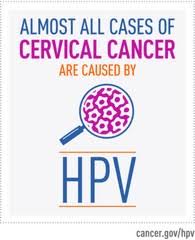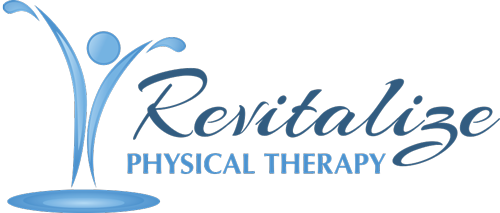
Human papillomavirus (HPV) is a DNA virus that has over 170 variant strains. HPV can result in precancerous lesions which increase the risk of cervical, vulvar, and vaginal cancers. In fact, nearly 70% cervical cancers are due to HPV16 and HPV18. HPV6 and HPV11 are associated with genital warts and laryngeal papillomatosis.
HPV commonly spreads through direct skin to skin contact, most commonly through sexual contact. It can also spread from a mother to her developing fetus during pregnancy. HPV is the most common sexually transmitted infection worldwide.
To date, administration of the HPV vaccine prior to becoming sexually active has been recommended as the best way to prevent the infection from spreading. However, until recently, there was no cure available to individuals who have already been infected with the virus.
Fortunately, researchers at Mexico’s National Polytechnic Institute have developed a cure for HPV. In their groundbreaking research, all 29 women who had acquired the HPV infection were completely cured of the virus using photodynamic therapy. This non-invasive approach utilizes a photosensitizer drug which, when exposed to light of a specific wavelength, releases a form of oxygen that destroys the virus’s DNA.
While the treatment wasn’t as effective for women who developed non-HPV related cervical cancer, it’s 100% success rate in curing the HPV virus will dramatically reduce cervical cancer prevalence. Considering that cervical cancers have become one of the leading causes of cancer related female fatalities, this incredible medical breakthrough is destined to save lives.



